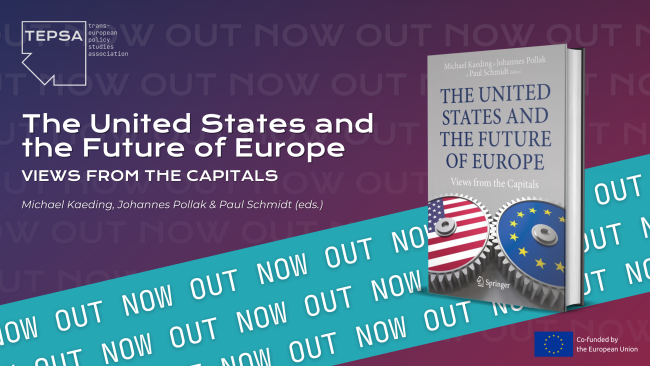Franco-German Civil Society: Object and Actor of Bilateral Relations. Balance and Perspectives after the Signing of the Treaty of Aachen
The treaty signed by France and Germany in Aachen on January 22, 2019 highlights the role of civil society in bilateral cooperation and aims to contribute to "bringing societies [and citizens in both countries] closer together".
Since the beginning of the millennium, the media and public actors have been promoting "citizens initiatives", which are supposed to be a guarantee of democracy and commitment from below.
Starting from a definition of civil society in relation to economic and state actors, this article aims to analyze current issues and implications of said civil society in bilateral and European relations, after recalling the historical contribution of these actors to Franco-German relations. As an example, twinning is analyzed in depth in order to distinguish different periods. The partnerships between cities allow us to understand how civil societies contribute to a collective reflection on the past as well as how they face contemporary challenges, such as the 'closing' of borders during the coronavirus pandemic.
Today, associations or societal forums are considered as the foundation of European construction. They have also managed to specify their needs and to communicate them better to politicians. This dedication even resulted in the successful implementation of the Citizens’ Fund. They are coordinating their work, as reflected in the initiatives of the two major federations of Franco-German associations, the Federation of Franco-German Associations for Europe (FAFA) and the Vereinigung der Deutsch-Französischen Gesellschaften / Federation of the German-French Societies (VDFG), which intend to be a Franco-German citizens' office aiming to go beyond the bilateral perimeter to play a greater role in Europe. However, it is clear that the work carried out by French and German associations is still often bilateral. The Europeanization of Franco-German social initiatives remain a challenge for the coming years.
Prof. Dr. Corine Defrance is Research Director at the CNRS and Deputy Director of the UMR SIRICE (Sorbonne Identités, relations internationales et civilisations de l'Europe) research center. She is an Associate Professor at the University of Paris 1-Panthéon-Sorbonne.
Dr. Tanja Herrmann holds a PhD in History and defended a dissertation in Cotutelle at the University of Mainz and the University Paris 1 Panthéon-Sorbonne on the second boom of Franco-German town twinning (1985-1994) in October 2017.
This publication is available the following languages:
- FRENCH: "Société civile franco-allemande : enjeu et acteur des relations bilatérales. Bilan et perspectives après la signature du traité d’Aix-la-Chapelle" (pdf)
- GERMAN: "Die deutsch-französische Zivilgesellschaft: Gegenstand und Akteur der bilateralen Beziehungen. Bilanz und Perspektiven nach Unterzeichnung des Aachener Vertrags" (pdf)
Related centers and programs
Discover our other research centers and programsFind out more
Discover all our analysesFrance, the U.S.’ Oldest and Most Complicated Ally: A Stubborn Defender of a Truly European Industrial and Defence Policy
France, the U.S.’ oldest ally, is also the EU country which most stubbornly defends genuinely European industrial and defence policies. It calls for ‘strategic autonomy’ in all political domains, a position increasingly difficult to hold against a hardening international climate.
The Franco-German Brigade and the Revival of European Defense
One thing has been clear since Donald Trump's return to the White House: the very existence of the European unification project is threatened. Unless it develops a sovereign defense policy to counter the war in Ukraine and the weakening of American security guarantees, the European Union will continue to see its internal cohesion and external attractiveness wane.
Friedrich Merz and the Zeitenwende 2.0. A “New Era” for Transatlantic Relations?
On February 23, 2025, almost 60 million voters were called upon to elect a new Bundestag. These elections will also give rise to a new government in Europe's largest economy.
After the Elections: Germany in Search of Shaken Stability?
With a voter turnout of 82.5%, Germany recorded its highest participation since 1987—an increase of 6.1 percentage points compared to 2021. As in the previous election, the high turnout particularly benefited the Alternative for Germany (AfD), which was able to mobilize many former non-voters. Many voters sought to punish the outgoing government with their ballots, as its approval rating had dropped to just 14% before the coalition broke apart in November 2024. Germany is now very likely heading toward a grand coalition between the CDU/CSU and the SPD, with exploratory talks having begun on February 28.









